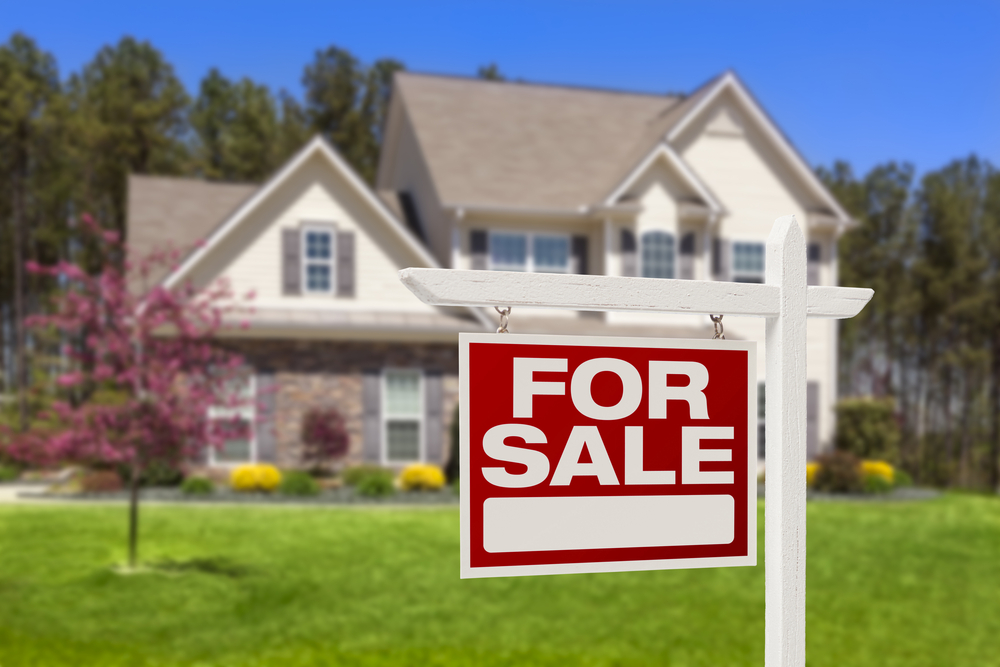Deciding on What Type of Home to Buy
Once you’ve made the decision to buy your own home, visited 3Rivers to make sure you can arrange financing, and spoken with a loan officer to determine how much home you can afford, what’s next? The fun part! Deciding what type of home you want and shopping around. Many of us have a vision of what our “ideal home” or “dream home” looks like, but that house might not exist 100% in real life, so it’s important to consider the following factors.

Factors to Consider When House Hunting:
- AREA: What area (uptown, downtown, suburb, neighborhood, countryside) do you want to live in?
- SQUARE FOOTAGE: What size of a home do you want (how many square feet, one or two stories, number of bedrooms, closet space)?
- BATHROOMS: How many bathrooms are you looking for?
- FUTURE-PROOFING: What future changes might you need to take into consideration (extra room for the children you plan to have)? How important are crime rates, walkability, school ratings, and other area factors to you?
- ACREAGE & OUTDOOR SPACES: Do you want acreage, a small yard, off-street parking, a garage?
- RENOVATIONS: How much time and/or money are you willing to spend on renovations and upgrades?
New vs. Resale Homes:
Another major decision that needs to be made is: are you looking to build and be the first owner of your new home, or do you want to purchase a resale home? There are pros and cons to both.
- BUILDING NEW: Building a new home from the ground up ensures that you have (mostly) complete control over the placement, structure, and layout of the home. However, this can be much more costly, as you’ll have to invest in land, building costs and customizations, and the mortgage itself.
- BUYING USED: Resale homes are often more reasonably priced than brand new homes. They also have the “lived-in” element to them. If your secondhand home needs some work, this can be to your advantage, too, if you’re willing to put in the money, time, and effort, as you can negotiate a lower cost and do the work yourself in order to have things finished to your individual taste.
- Also, if you do some work on improvements or extend the property within your budget, chances are high that you’ll be able to sell the home and make a profit on it. That money will be useful when you buy your next home!
- However, if you decide to buy a resale home, be sure you are not inheriting things like dry rot, structural issues, and maintenance that has been delayed! Hiring a home inspector before signing the contract will help to ensure a house is in good shape.
Want to dive deeper into the best type of house for your needs? Our loan officers would be happy to walk you through your options. Get in touch today!